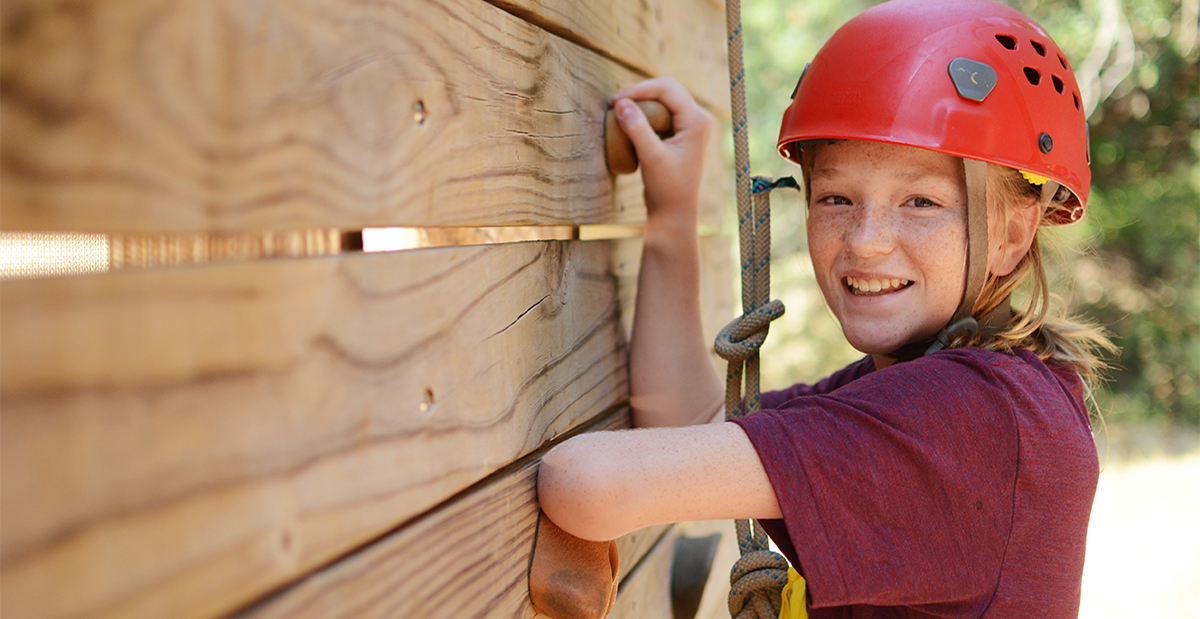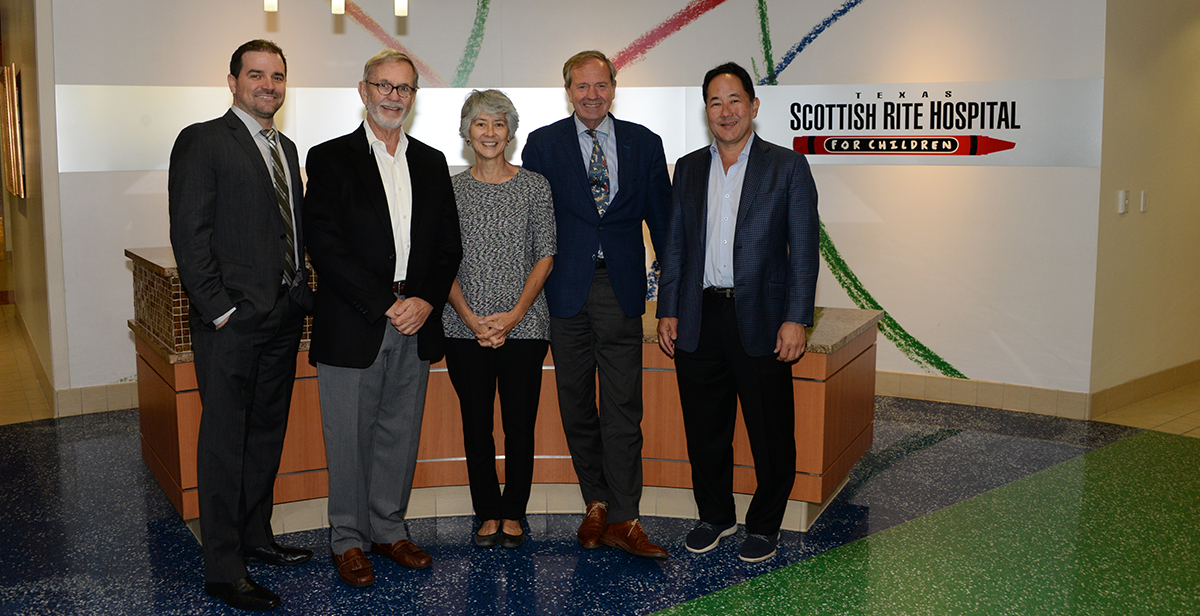Scottish Rite for Children is world-renowned for its patient-centered care for children with orthopedic conditions. Our Center for Excellence in Hand is committed to caring for children with hand and upper limb conditions. The center is focused on providing innovative...



